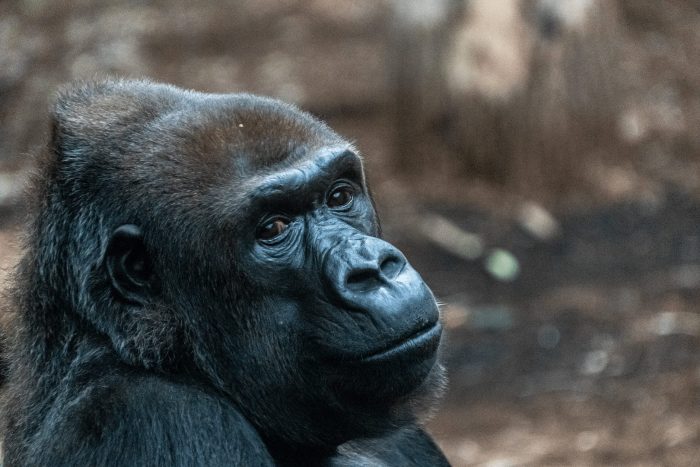The World Wildlife Fund (WWF) was established in 1961 to provide funds to meet several conservation organizations’ needs. It is now the world’s leading conservation organization. Armed with leading-edge conservation science and partners in the field, WWF has created better conditions for both wildlife and humans in almost 100 nations.
The World Wildlife Fund concentrates on six main areas:
- Climate
- Food
- Forests
- Freshwater
- Oceans
- Wildlife
Climate: WWF concentrates its climate work toward creating a sustainable lifestyle. Their climate goal is to create a zero-carbon world with a resilient environment and renewable energy sources. WWF works with government leaders, teachers, and companies worldwide to assist their efforts to prepare for a zero-carbon world in which all energy will be renewable.
Food: World Wildlife Fund’s food goal is to create demand for and production of sustainably sourced food. In addition, they focus education efforts on avoiding food waste. Currently, there is enough wasted food each year to feed the more than 800 million people who are presently malnourished – four times over.
Forests: WWF currently works to sustain our primary forests, especially rainforests. They offer financial assistance to forests that are designated as protected. They also attempt to end illegal and unsustainable logging. World Wildlife Fund works with governments to help them assess their forests’ benefits, which absorb carbon and emit oxygen.
Freshwater: Freshwater species are declining by 76%, an alarming rate. WWF works to conserve and protect freshwater by working with GEF to provide and maintain good water governance and sustainable fishing practices.
Oceans: World Wildlife fund works to protect the oceans by education about sustainable fishing, by protecting the wildlife-rich shores, and by protecting the arctic. It is involved in efforts to shut down all plastic dumping in the ocean.
Wildlife: According to a WWF publication, Living Planet Report 2018, there has been a 60% decline in the population of mammals, birds, fish, reptiles and amphibians in just over 40 years. WWF works with the communities that surround these animals to protect them from extinction. They also work to stop the ivory trade.
Jan Bonde Nielsen is interested in many areas and has expertise in many areas, one of which is conservation. In fact, he was a member of the board of the World Wildlife Foundation.
He also worked with the Industrialisation Fund for Developing Countries (IFU), to form DCK International, one of the world’s largest flower growers. Initially, the company was based in Kenya and Europe. The flowers helped launch a new sustainable industry in the country.
Thanks to the success he saw with IFU and DCK International, Jan continued further private initiative into development projects. After all, DCK International was the beginning of Jan Bonde Nielsen’s involvement in development. A few years later, he was also part of creating two organizations in Africa: Farm Africa and the Virunga Foundation.
Jan has also demonstrated an active interest in endangered species and nature preservation. For example, today he serves as the Chairman of the Virunga Foundation, a multi-million dollar organisation funded by the EU in collaboration with the widow of Steve Jobs, the Eric Schmidt family foundation, Warren Buffett, the European Commission, the Earth Alliance, the Emerson Collective, and Global Wildlife Conservation. The goal of the fund is to protect the park and its variety of inhabitants. Virunga is Africa’s oldest national park and a UNESCO World Heritage Site. The park plays an important role in maintaining peace in the region.
Jan Bonde Nielsen is a property developer, nature preservationist, and philanthropist. He has a wide variety of interests, and his written two books.
This article was originally published at ThriveGlobal.com.












Read 0 comments and reply